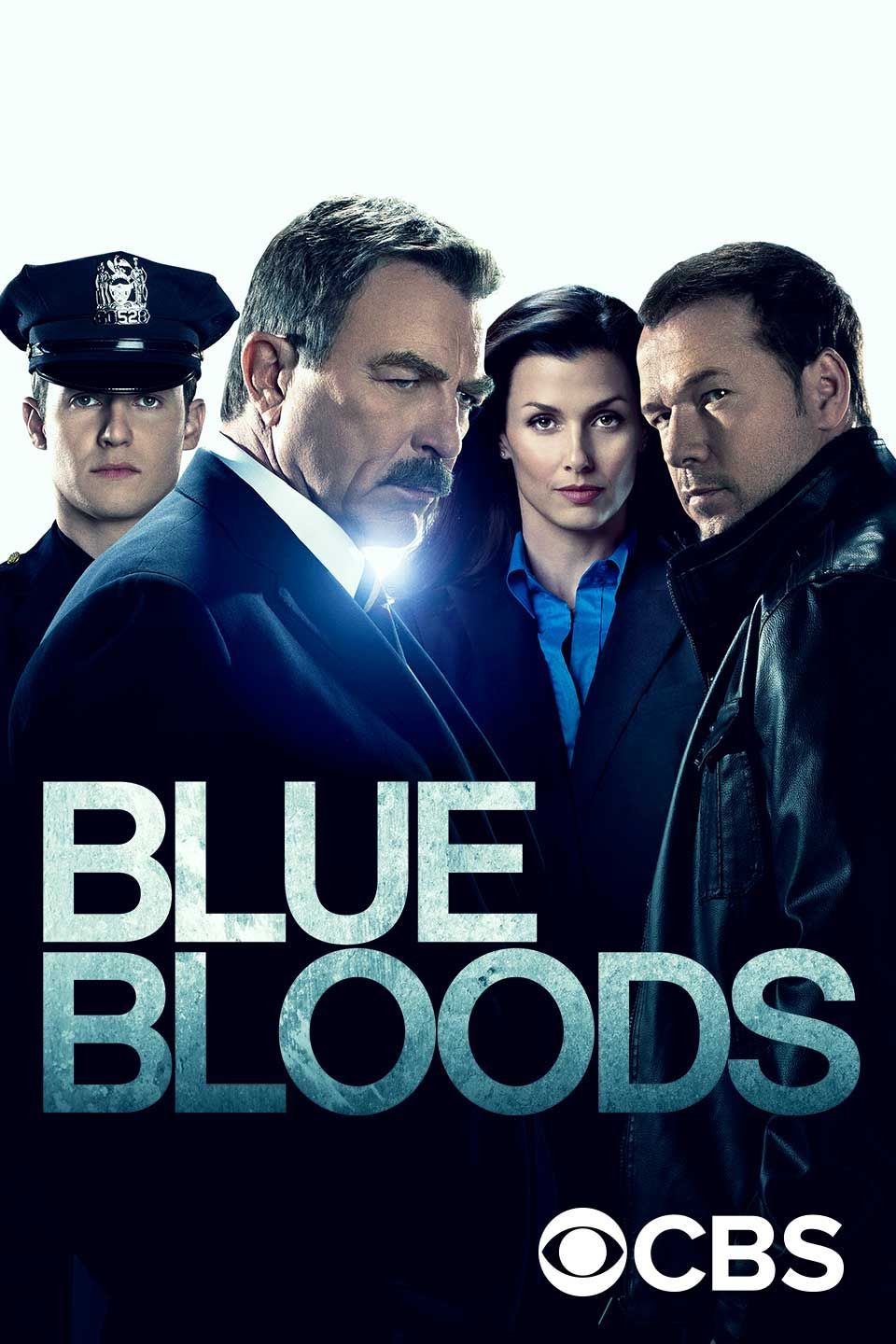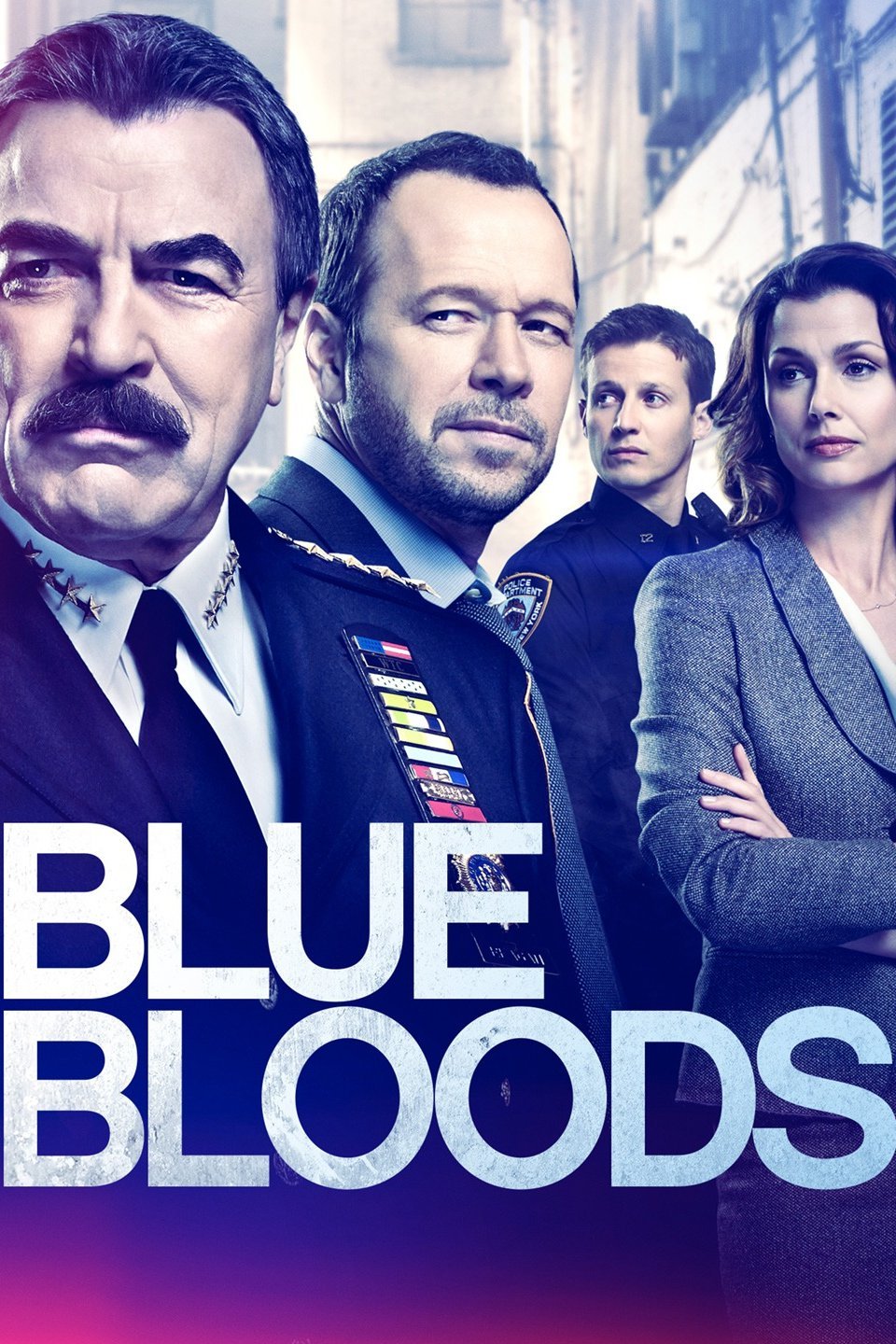Did the final curtain fall too soon on the Reagan family? After fourteen seasons, a dedicated fanbase, and countless investigations, CBS's Blue Bloods concluded its run on December 13th, leaving viewers with a mixture of satisfaction and, for some, a pang of disappointment. The series finale, titled End of Tour, delivered a culmination of the show's long-standing themes of family, duty, and the complexities of law enforcement, all while saying a final goodbye to the characters that had become fixtures in living rooms across the nation.
The finale episode, a fitting swan song for the beloved procedural drama, brought together all the Reagan family members one last time, as they navigated a city on the brink of chaos. A city where gangs united, demanding amnesty for their incarcerated members. The episode was a race against time, a final test of their unwavering commitment to uphold the law and protect the innocent. The closing chapter saw the Reagan family not only confront the criminal underworld but also grapple with personal challenges, evolving relationships, and the bittersweet reality of closure. The essence of Blue Bloods was, and always had been, the bond of the Reagan family, a testament to the enduring power of family and duty.
The impact of Blue Bloods extended far beyond its television screen. It became a cultural touchstone, sparking conversations about law enforcement, the challenges faced by those who serve, and the importance of family values. The show's success lay in its ability to create compelling characters and weave intricate storylines while maintaining a commitment to realistic portrayals of police work and the moral dilemmas inherent in the profession.
The series, which premiered in 2010, quickly gained a loyal following. The premise was simple: a multi-generational family of New York City cops led by Police Commissioner Frank Reagan (played by the iconic Tom Selleck). The show offered a glimpse into their professional and personal lives. The series was known for its intricate cases, its focus on the emotional toll of police work, and, above all else, its celebration of family bonds. The show's formula was a winning combination of suspense, drama, and heartfelt moments. Each week, viewers were invited into the Reagan family's world, becoming invested in their triumphs, their struggles, and the unwavering love that bound them together.
The final episode, End of Tour, served as a microcosm of the entire series, featuring a high-stakes investigation, internal conflicts, and the constant struggle to balance work and personal life. The episode's intensity was heightened by the death of Officer Luis Badillo, Eddie Janko’s partner, early in the narrative. The shocking death set in motion a chain of events that tested the Reagans in ways they had never been tested before, including the shooting of the Mayor of New York. This particular event had Frank Reagan (Tom Selleck) stepping into the role of de-facto mayor as the police sought to unravel the mystery behind the crime. This forced the family to dig deeper, highlighting the moral and emotional complexity inherent in their work.
For Donnie Wahlberg, the series finale represented a chance to fight for his character, Danny Reagan, ensuring that his final moments resonated with the character's established persona. Wahlberg was particularly vocal about the direction of his character's storylines, which is a testament to his dedication to the role and his investment in its complexities. This level of investment, not just from the cast but from everyone involved in the production, resulted in a show that offered a complex, nuanced portrayal of the challenges faced by law enforcement officers and their families.
As the series drew to a close, the writers explored the enduring themes of family, duty, and justice. The finale served as a reminder of the show's enduring appeal, proving that the heart of Blue Bloods was always the relationships, both inside and outside the family. In many ways, the show served as a mirror to the audience, and as each character on the show grew, so did the appreciation and the respect from its viewers. The series became a cultural phenomenon.
The final episode offered a series of resolutions, leaving viewers with a sense of closure while also hinting at the ongoing stories of the characters. The finale, in essence, was a love letter to its audience.
Here's a look at some key elements from the final episode and the actors involved:
| Character | Actor | Notes |
|---|---|---|
| Frank Reagan | Tom Selleck | The New York City Police Commissioner, patriarch of the Reagan family. |
| Danny Reagan | Donnie Wahlberg | A detective, son of Frank, and brother to Jamie and Erin. |
| Erin Reagan | Bridget Moynahan | Assistant District Attorney, daughter of Frank, and sister to Danny and Jamie. |
| Jamie Reagan | Will Estes | Police officer, son of Frank, and brother to Danny and Erin. |
| Eddie Janko | Vanessa Ray | Jamie's wife and fellow police officer. |
| Henry Reagan | Len Cariou | Frank's father, a retired police officer. |
The series finale of Blue Bloods managed to tie up many loose ends while also leaving room for viewers to imagine the future of their favorite characters. The show's success has been attributed to its ability to weave together compelling storylines that explore universal themes. From high-stakes investigations to the simple moments of family dinners, the show has always resonated with viewers, offering a mix of drama, suspense, and heartfelt moments.
Tom Selleck, in interviews, has expressed his disappointment at the series' cancellation, suggesting that there was still much more story to tell. His character, Frank Reagan, mirrored these sentiments in the finale, reflecting a deep fondness for the 14-season run. The end of Blue Bloods represents not just the end of a television show, but the end of a cultural phenomenon that has offered comfort and entertainment to millions of viewers across the globe.
The finale was a culmination of all the show's core principles: love, loyalty, and the unending commitment to justice. The ending, while a bittersweet moment for fans, was a fitting tribute to a show that has left an enduring legacy in the world of television. The conclusion of the show signifies the conclusion of an era, one where the Reagan family stood as a symbol of resilience, integrity, and the unwavering power of family.
As the credits rolled, fans were left with a sense of satisfaction, a nostalgic appreciation, and an understanding of the legacy that Blue Bloods leaves behind.
For further information, you can refer to:



